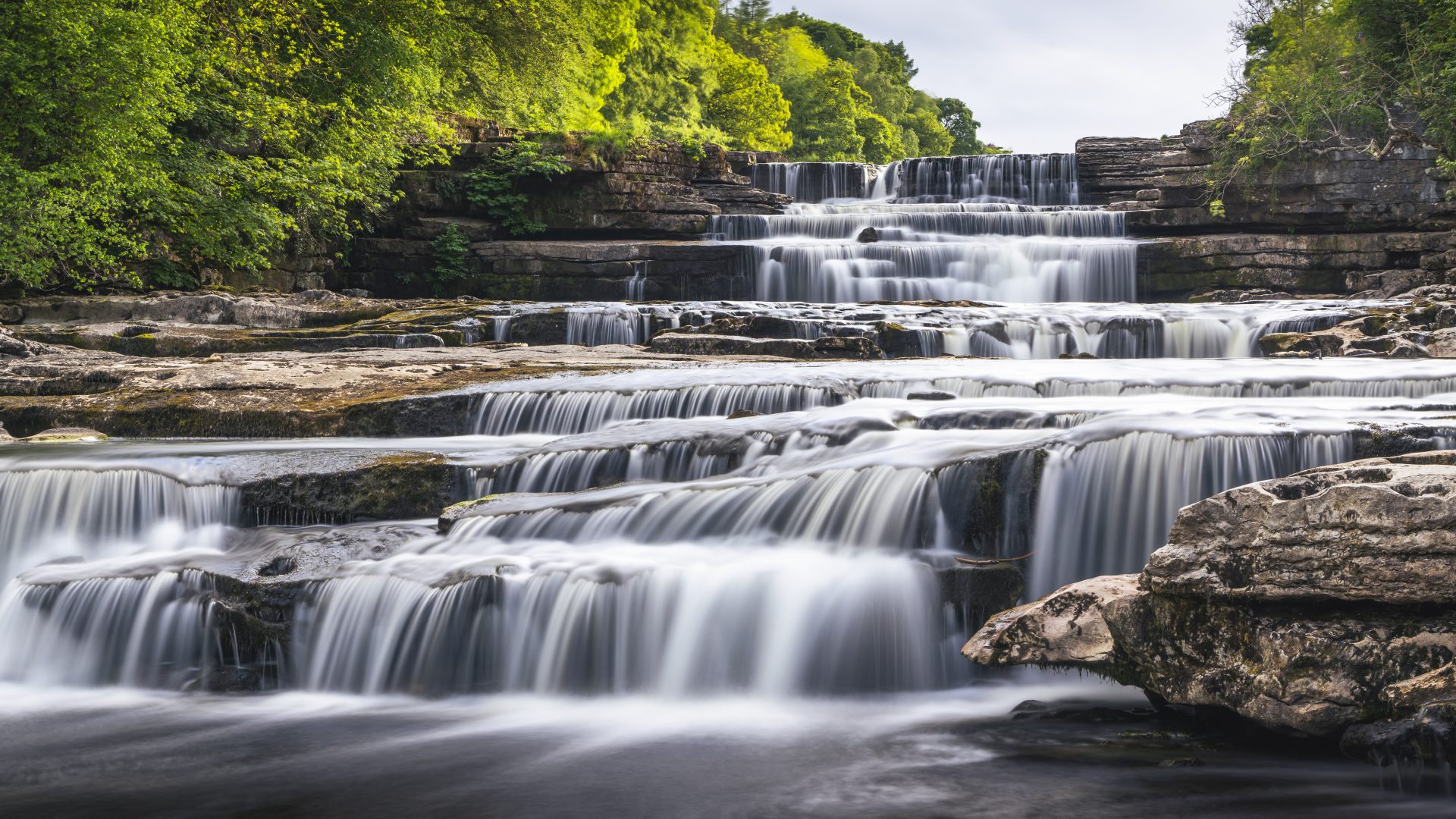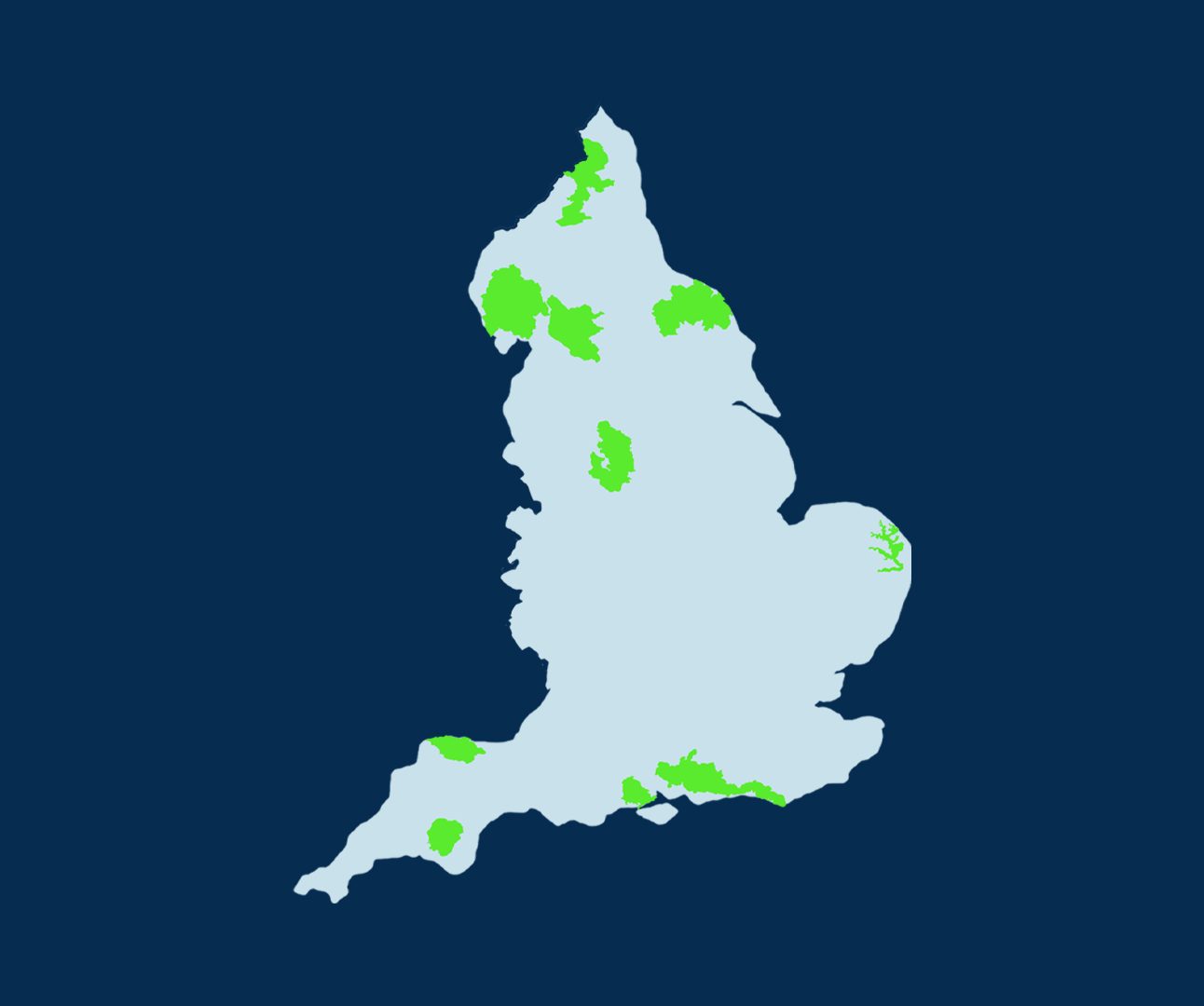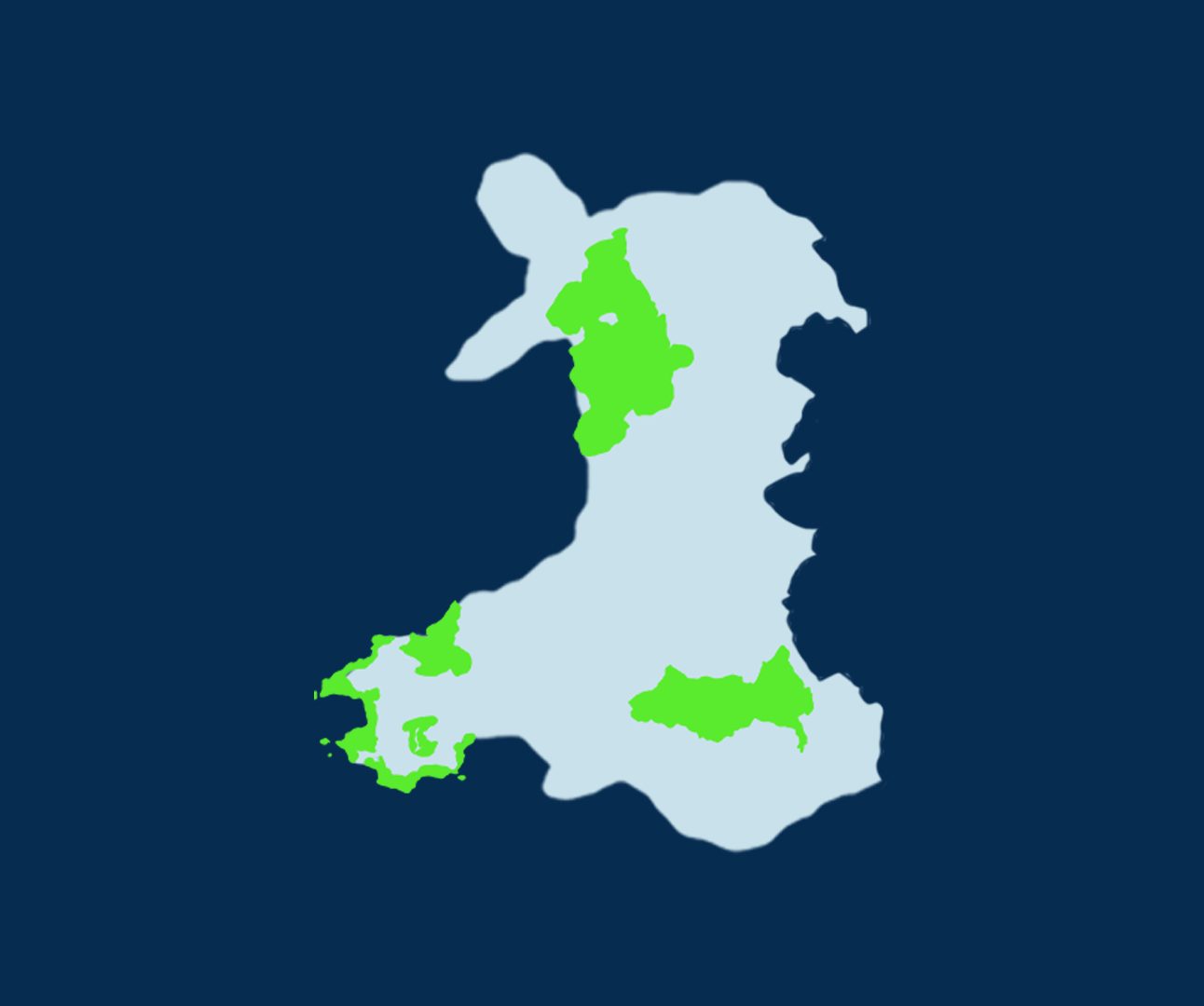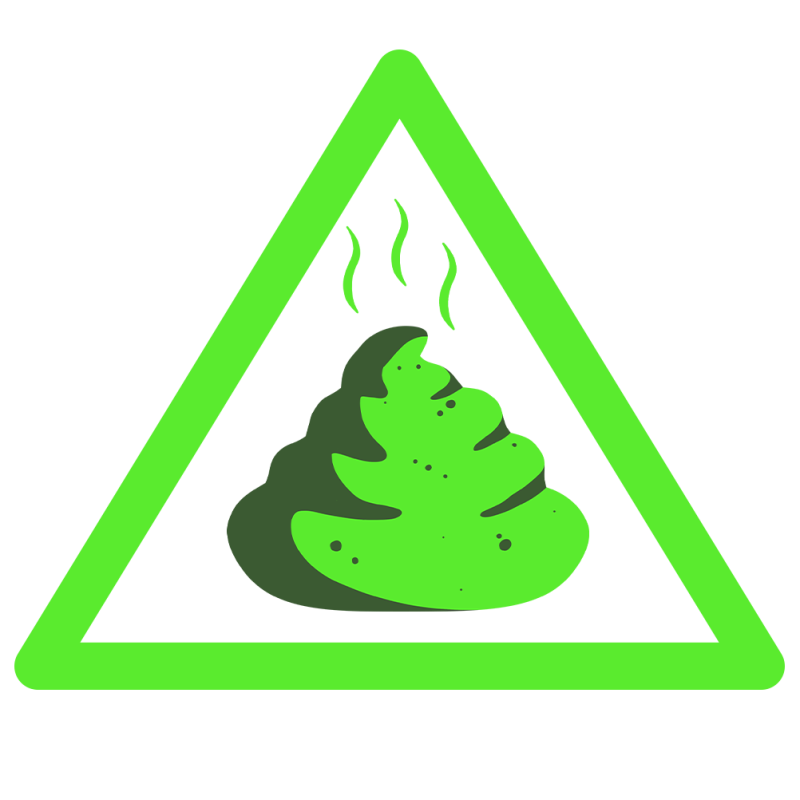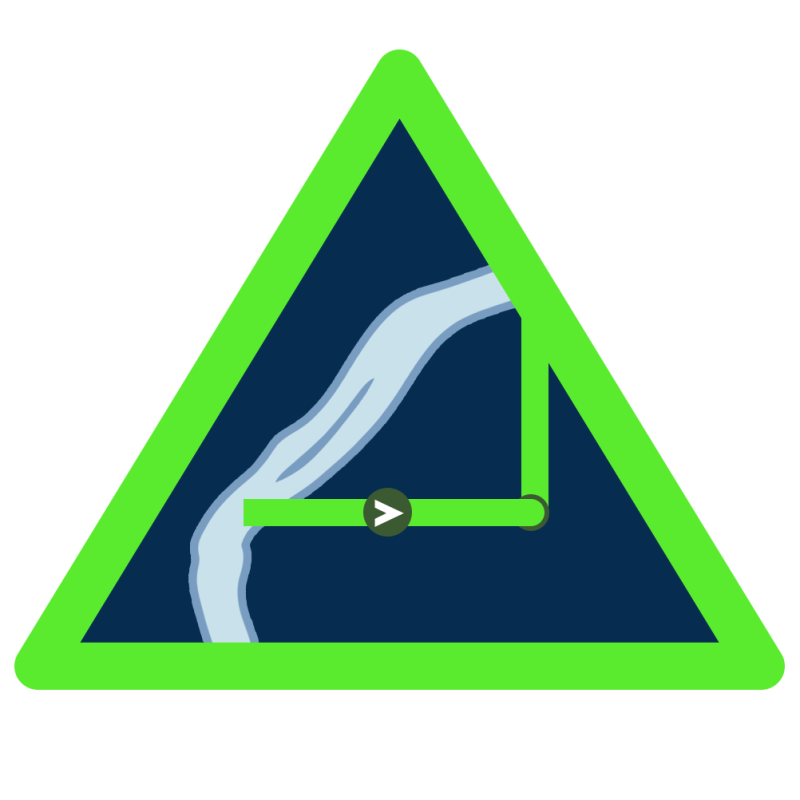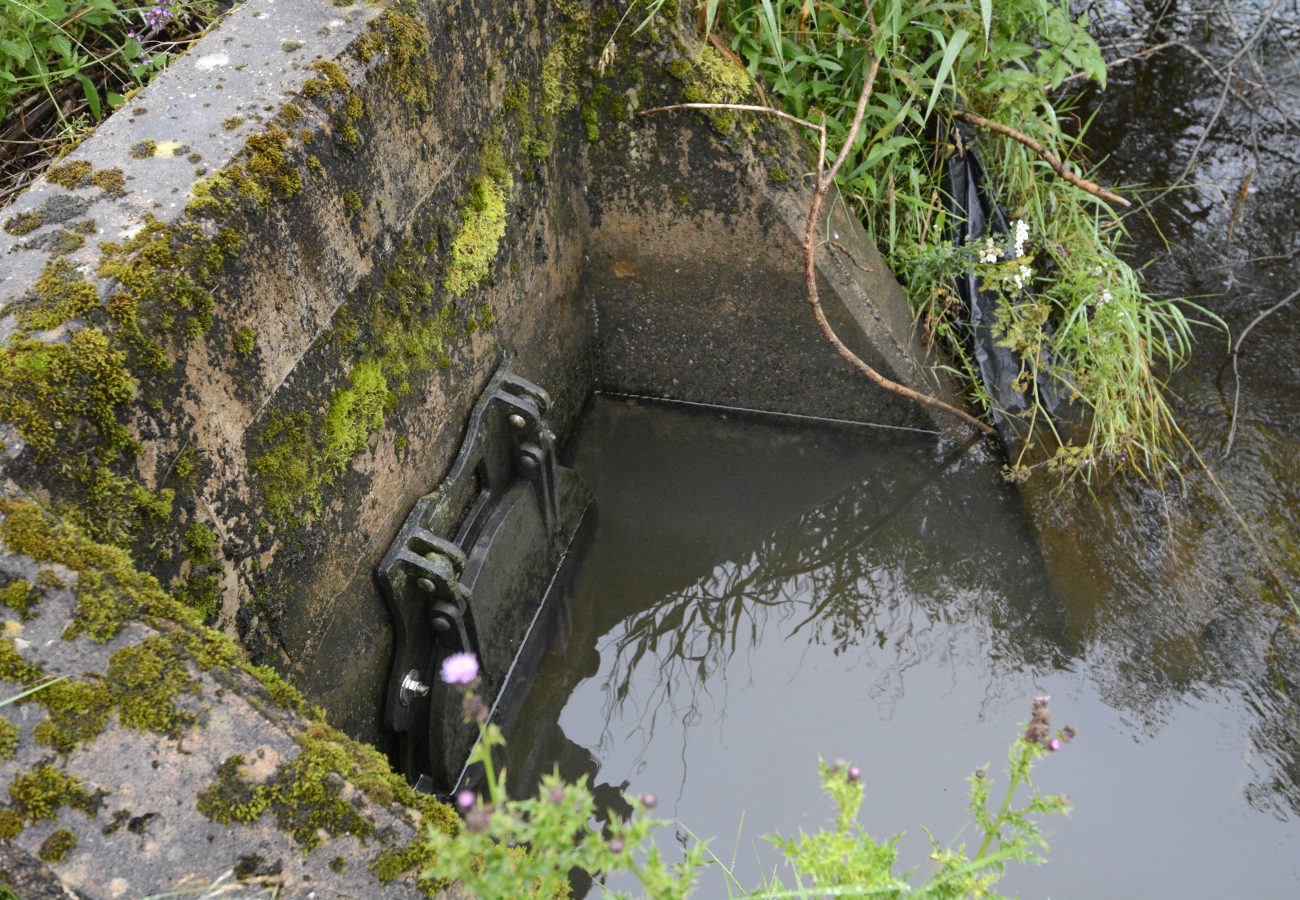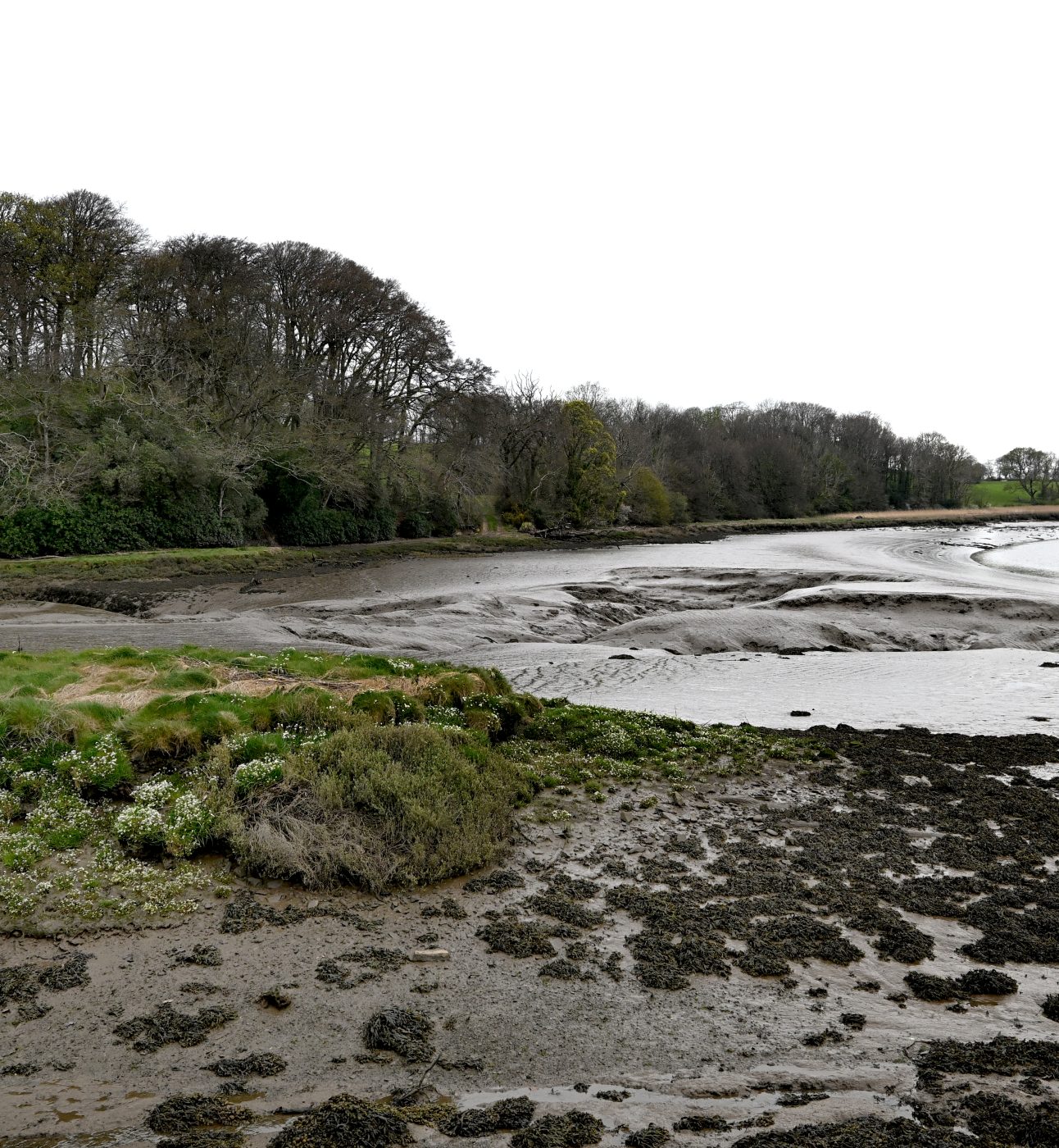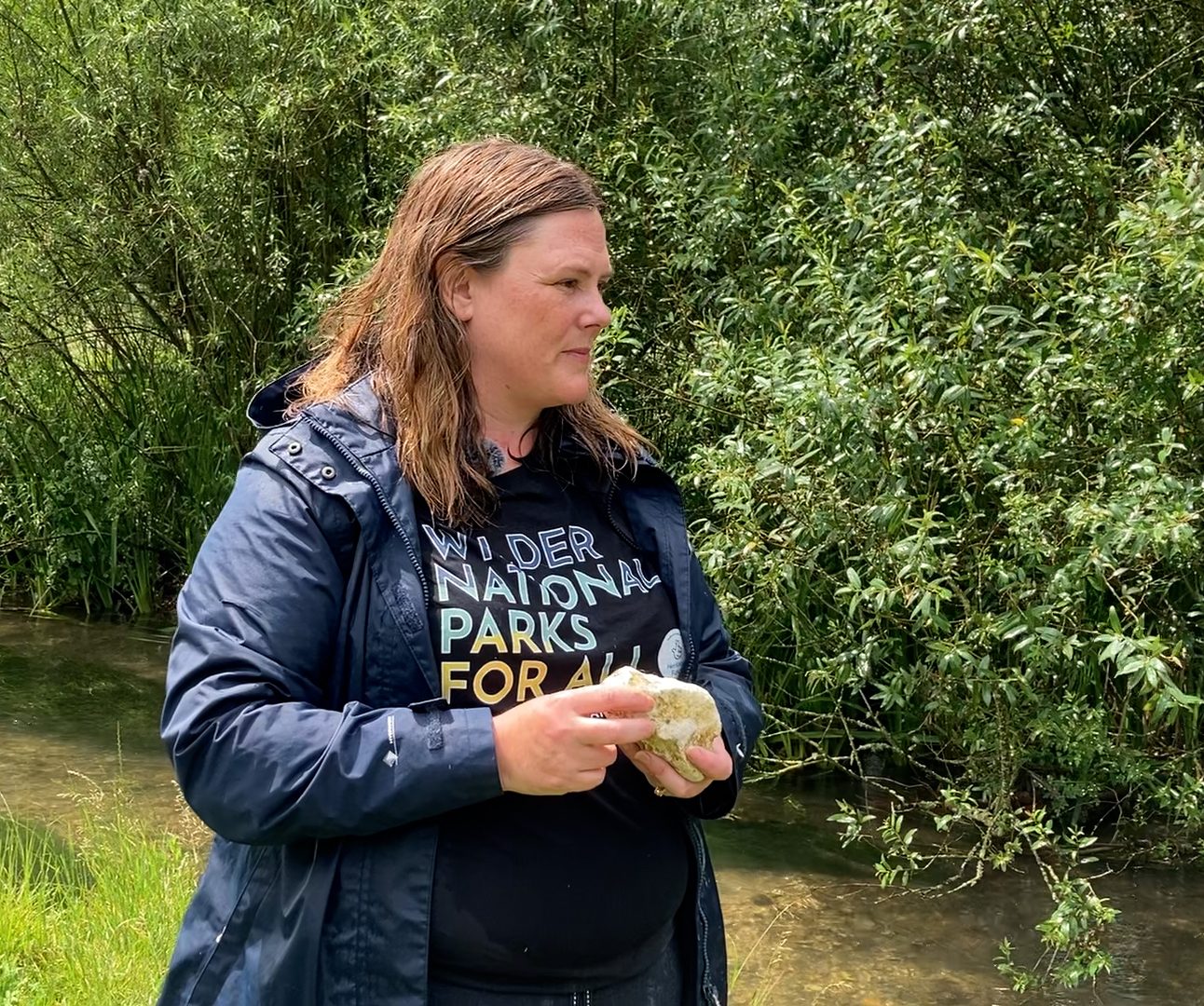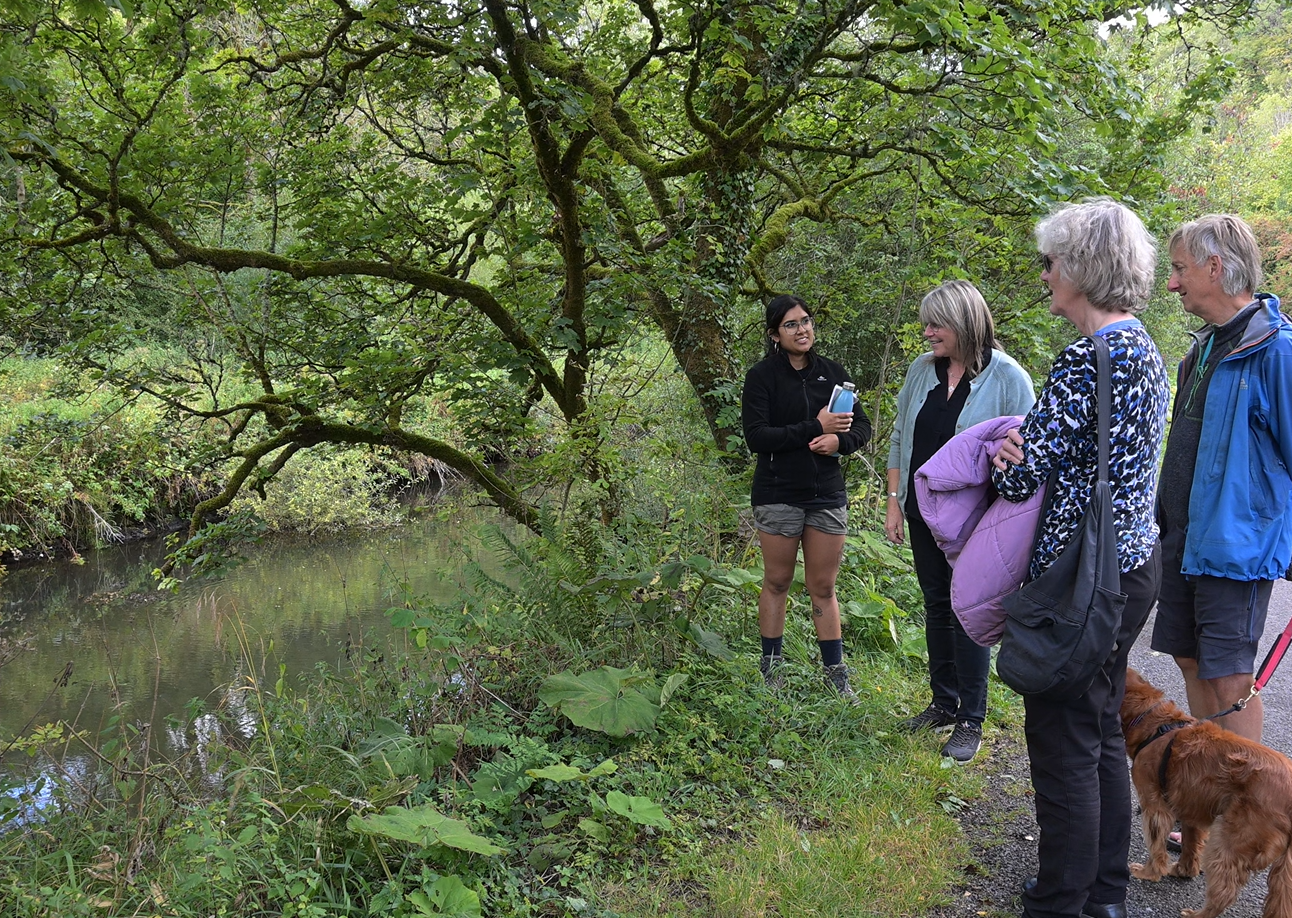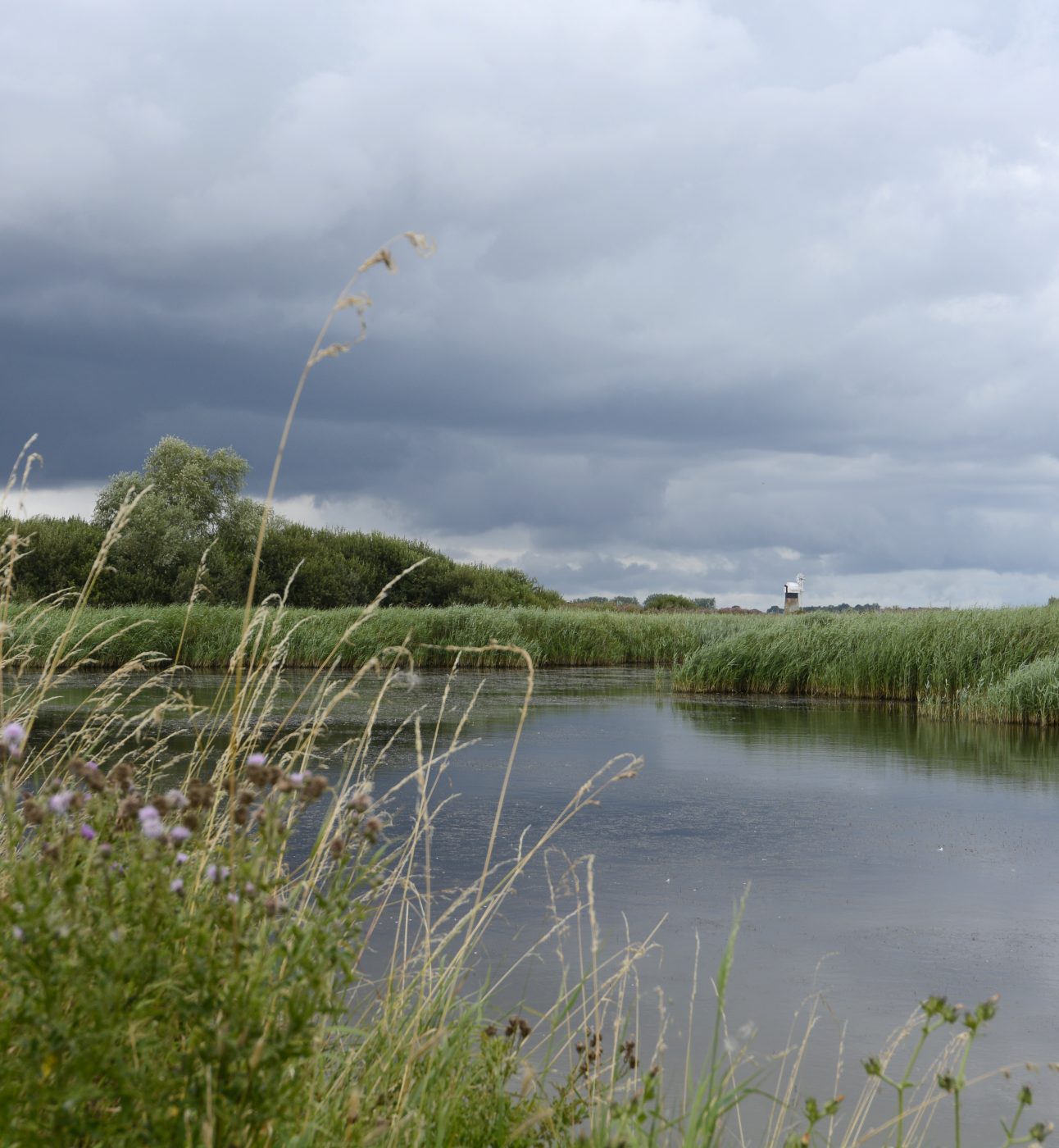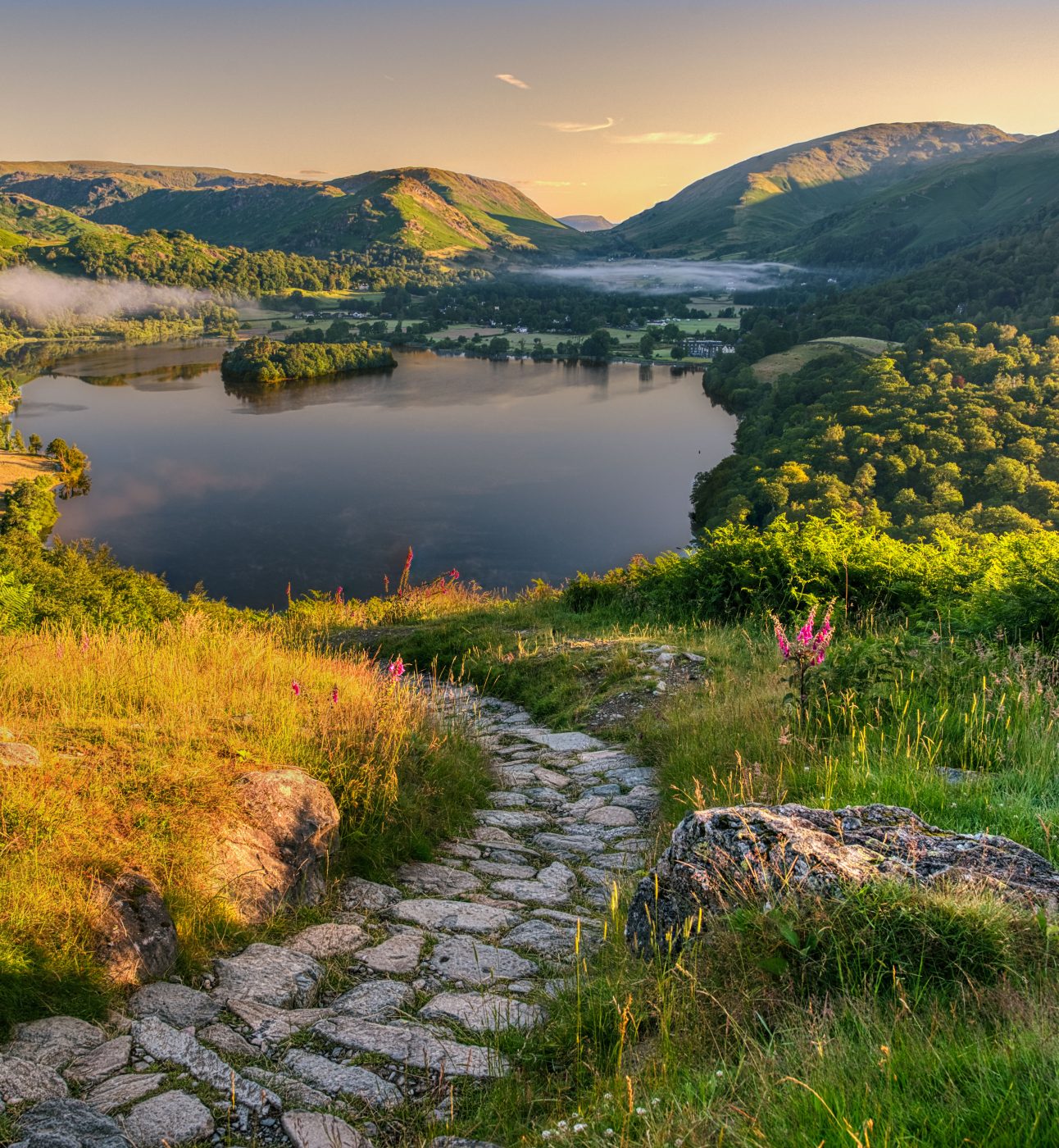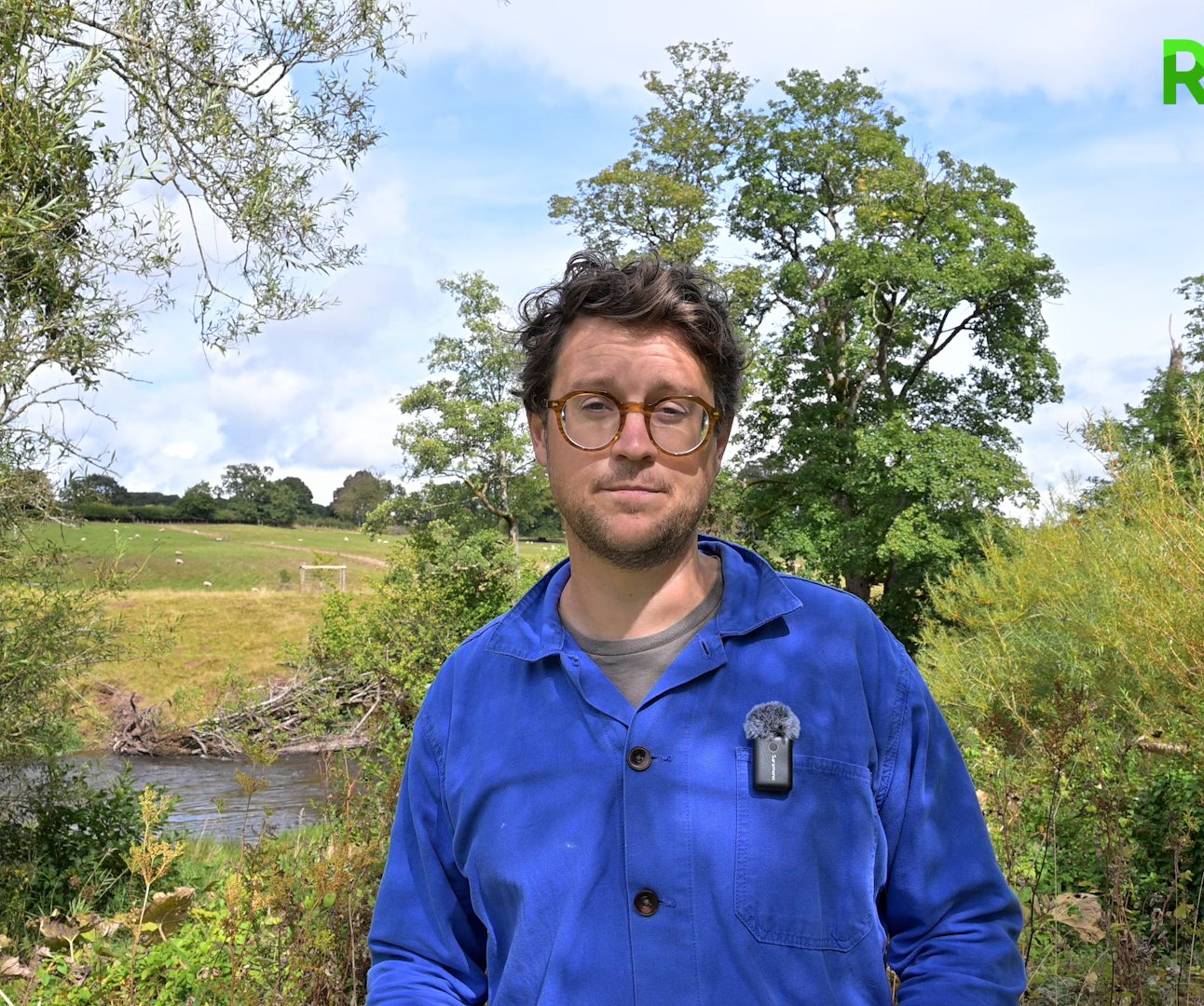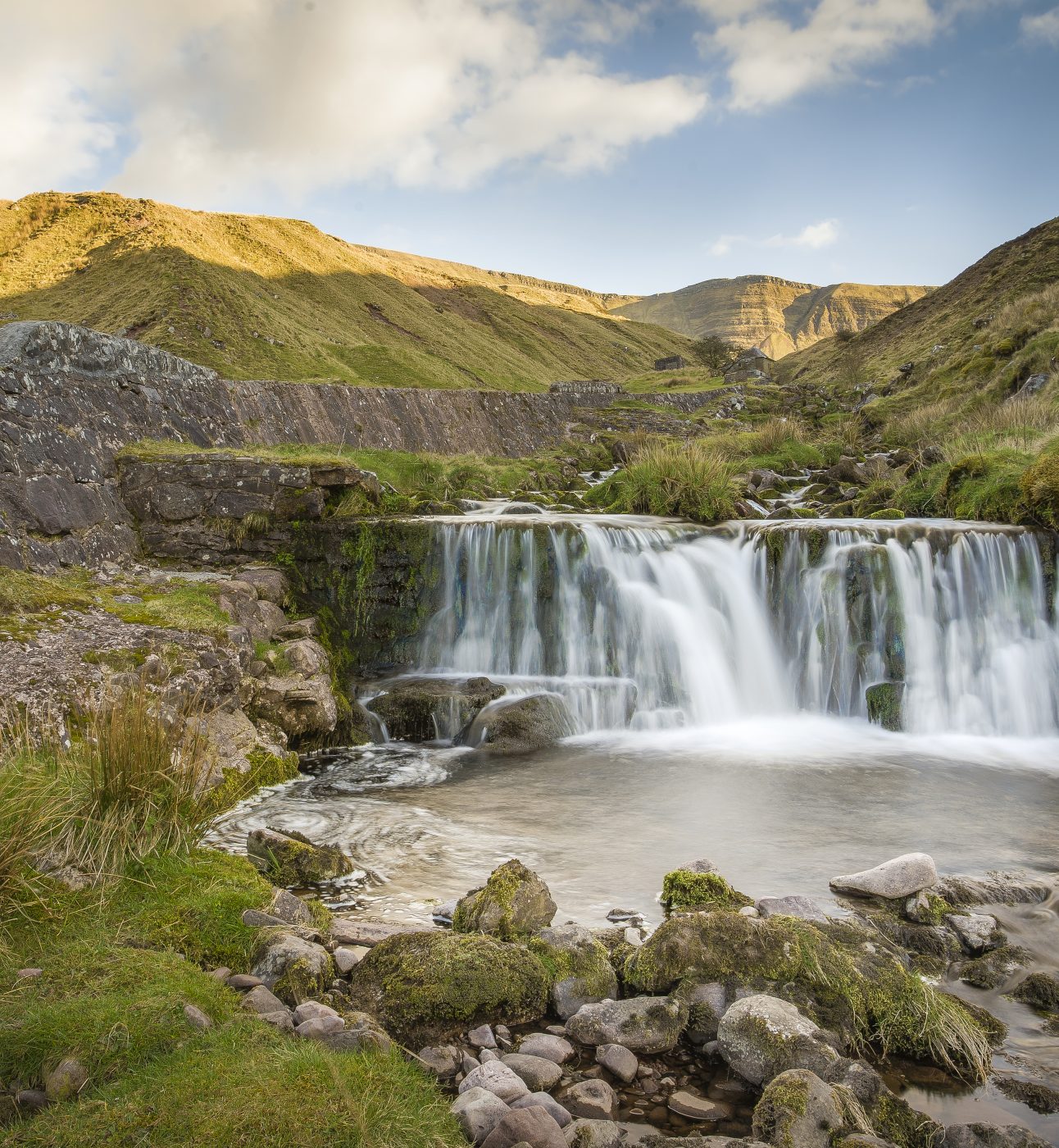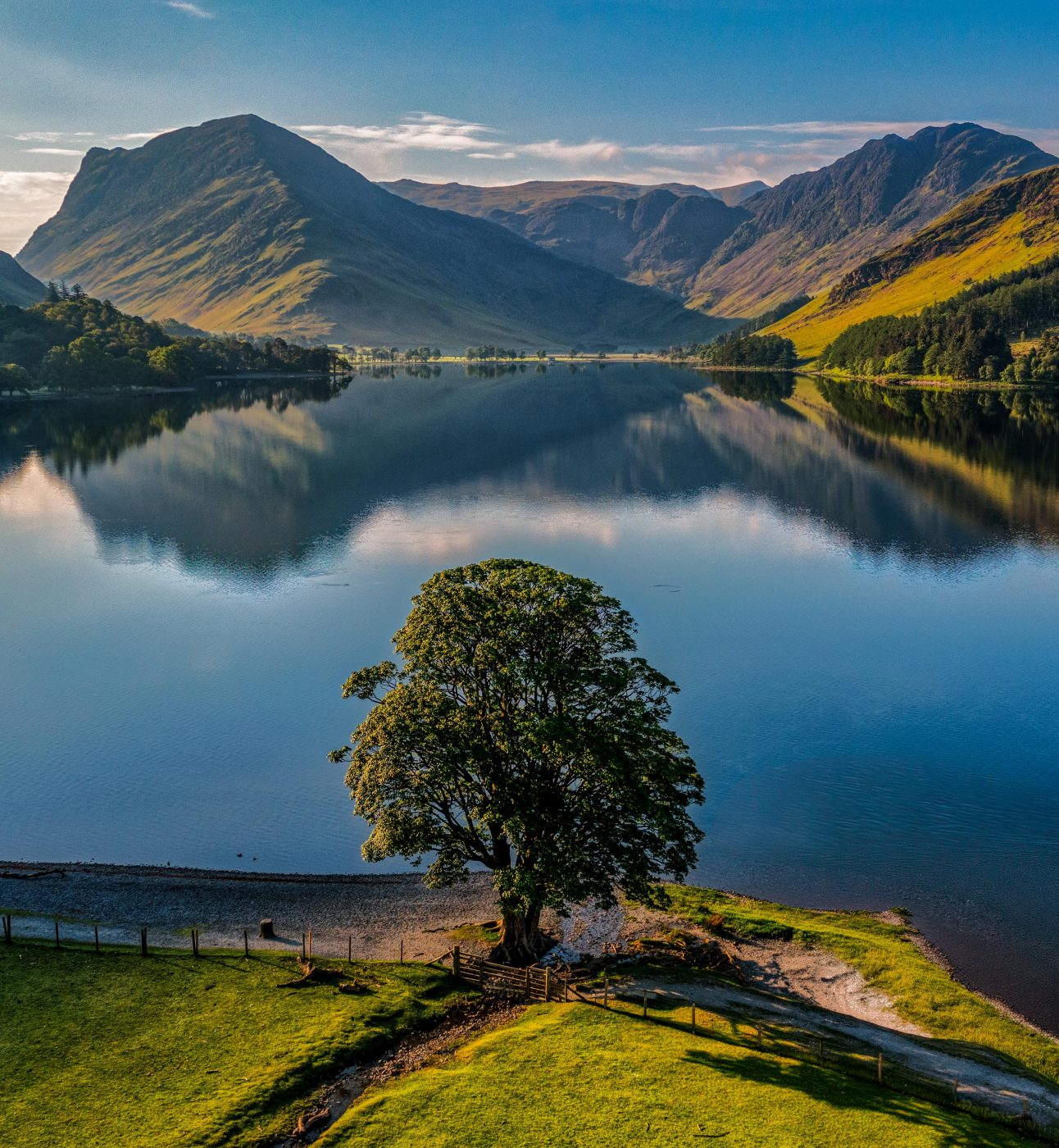National Parks encompass some of the most biodiverse and important rivers in the country. These waterways include internationally renowned wetlands, glacial lakes, chalk streams and sensitive headwaters and we would expect them to be in the best condition possible thanks to National Park status. They support natural flood management, help tackle climate change, and are much valued by millions of people as places for recreation and relaxation.
These waters are the lifeblood of the landscape, yet even in precious National Parks, freshwaters are neglected and not given the protection or appropriate investment they need.
If we cannot protect the rivers of our National Parks, the most treasured landscapes in our country, we cannot claim to be serious about tackling the water crisis. We’re demanding urgent action from Government in England and Wales to protect and prioritise National Park waterways – take action today and help us rescue our rivers.

